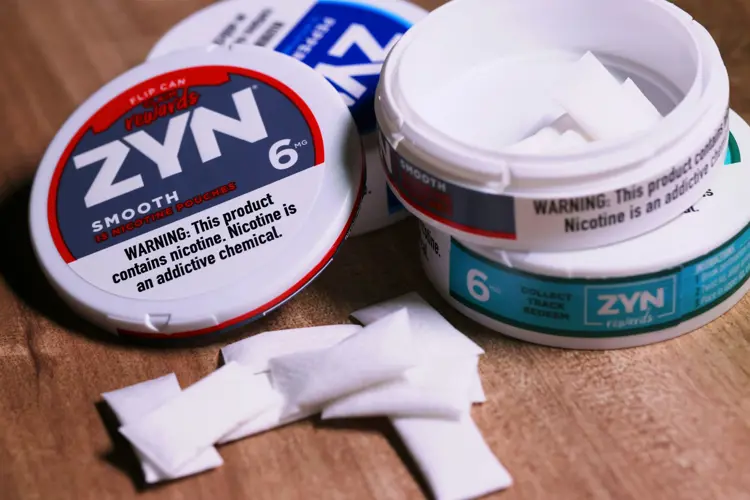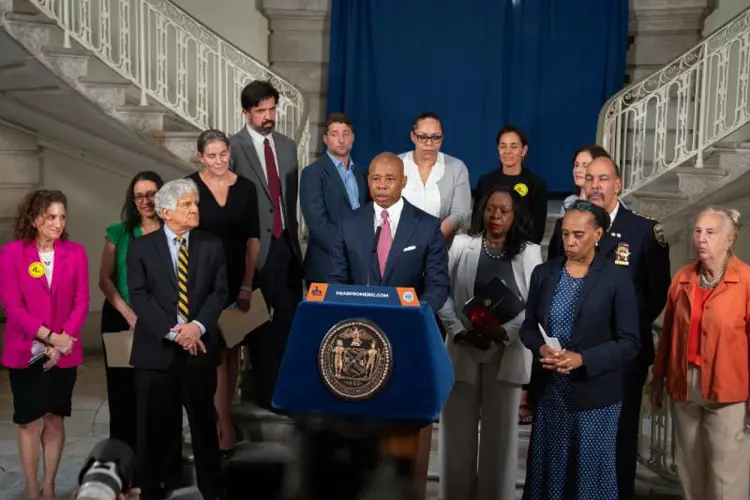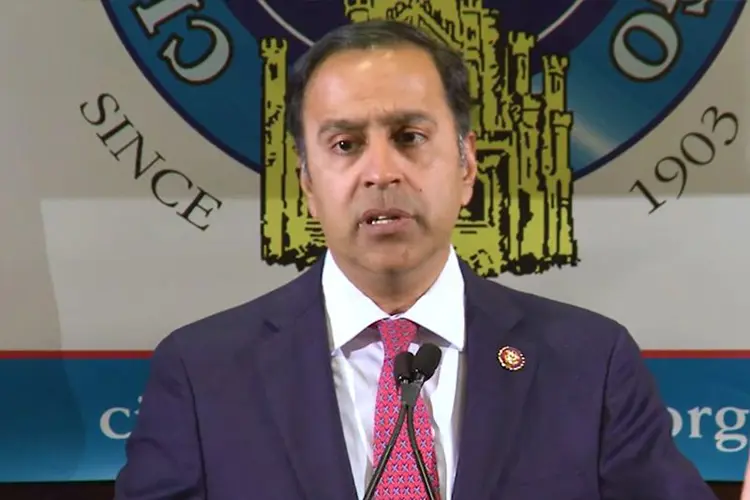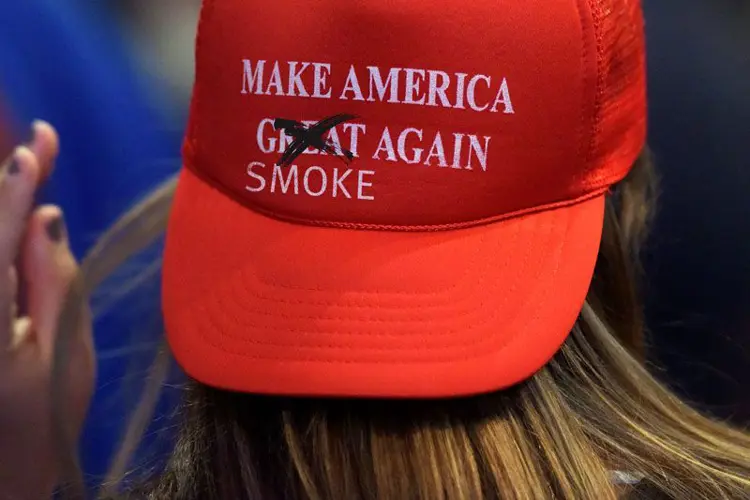Bipartisan legislation that will eliminate U.S. Postal Service delivery of vaping products has passed the Senate and is on the way to the House. The Senate passed S 1253, the so-called “Preventing Online Sales of E-Cigarettes to Children Act,” by voice vote on July 2.
In addition to banning vaping products shipped by the Postal Service, the bill forces other delivery services to check ID and get an adult signature at the point of delivery for vape shipments. Delivery by FedEx, UPS or DHL is much more expensive than mail delivery, and the signature at delivery requirement will add additional cost and difficulty for vapers.
Even though a similar bill was passed last October by the House of Representatives, the Senate bill is different enough that it must go to the House for approval before it can be sent to President Trump to be signed into law or vetoed. Trump is not expected to oppose it.
The House will not be present to vote until July 20, which gives vapers two weeks to register their strong opposition to S 1253. Please encourage your House member to oppose the bill by engaging through the CASAA call to action below.
If the bill becomes law, the cost of an online vaping purchase could increase by as much as $20—and there’s no guarantee that private carriers will continue to even ship vaping products. In fact, those companies will probably become the targets of a pressure campaign by anti-vaping organizations once USPS discontinues deliveries.
The bill was promoted with the promise that it will reduce youth vaping by eliminating deliveries that don’t require an adult signature. Some also claim that it will reduce sales of adulterated black market THC vape cartridges, like those responsible for last year’s wave of lung injuries.
But according to data from the CDC’s 2018 National Youth Tobacco Survey, just 5.8 percent of underage middle- and high school students reported buying vaping products online (and that includes eBay, not just legitimate vaping retailers). Most underage vapers get their nicotine vaping products from social sources, like friends and family members—and the same is true of illicit cannabis products, including the THC vape carts that caused “EVALI.”
EBay sales of vaping products (mostly pod devices and refills) to youth by unscrupulous sellers will not be affected by the new law. Since eBay accounts generally have generic names that won’t be recognized by the Postal Service as vape dealers, they will continue to use U.S. Mail delivery with impunity. Of course, online dealers of illicit cannabis oil vapes—who are already violating federal law by shipping controlled substances—will simply lie about the contents, as they always have. Both groups will continue to ship to underage purchasers, whether S 1253 becomes law or not.
Because the new law requires an adult signature, and deliveries almost always happen during business hours when most vapers are working, it will create hardships for many people who simply want to get the vaping products that help them avoid smoking. Additionally, as American Vaping Association president Gregory Conley points out, the signature requirement will create unnecessary points of contact that can cause further spread of the coronavirus.
The bill will primarily affect vapers who don’t live near vape shops, and disabled vapers and others who can’t leave their homes and must order online. Because it will add considerably to the cost of shipping, low-income vapers will suffer the most.
The Senate bill was introduced by California Democrat Dianne Feinstein, but Texas Republican John Cornyn encouraged his party, which controls the Senate, to support the vape mail ban. It would not have received a Senate vote at all without the approval of Majority Leader Mitch McConnell. And although the bill was approved without a recorded vote (so we don’t know exactly which Senators supported it), the bill had more Republican co-sponsors (Senators who indicated firm support before the vote) in the Senate than Democrats (14 to 13).
The success of the vape mail ban in the Senate seems to indicate that Republicans will support laws that restrict vaping products as long as they’re not opposed by the tobacco industry. That may be bad news for flavor ban legislation, which has been supported—with an exemption for products granted PMTA approval—in some states by the tobacco companies and JUUL.
The bill was supported by the usual alphabet soup of tobacco control and special interest groups. According to one of Sen. Cornyn’s two press releases bragging about the bill’s passage, it was backed by the American Cancer Society Cancer Action Network, American Lung Association, Asian & Pacific Islander American Health Forum, California Physicians Alliance, Campaign for Tobacco-Free Kids, Children's Health Fund, Go2Foundation for Lung Cancer, National Alliance for Hispanic Health, National Association of Convenience Stores and Society of Independent Gasoline Marketers of America.
Along with the convenience store and gas station associations, some vape shop owners unfortunately support online sales restrictions, and celebrated passage of the bill along with organizations like Tobacco-Free Kids.
The Freemax REXA PRO and REXA SMART are highly advanced pod vapes, offering seemingly endless features, beautiful touchscreens, and new DUOMAX pods.
The OXVA XLIM Pro 2 DNA is powered by a custom-made Evolv DNA chipset, offering a Replay function and dry hit protection. Read our review to find out more.
The SKE Bar is a 2 mL replaceable pod vape with a 500 mAh battery, a 1.2-ohm mesh coil, and 35 flavors to choose from in 2% nicotine.
Because of declining cigarette sales, state governments in the U.S. and countries around the world are looking to vapor products as a new source of tax revenue.
The legal age to buy e-cigarettes and other vaping products varies around the world. The United States recently changed the legal minimum sales age to 21.
A list of vaping product flavor bans and online sales bans in the United States, and sales and possession bans in other countries.



















